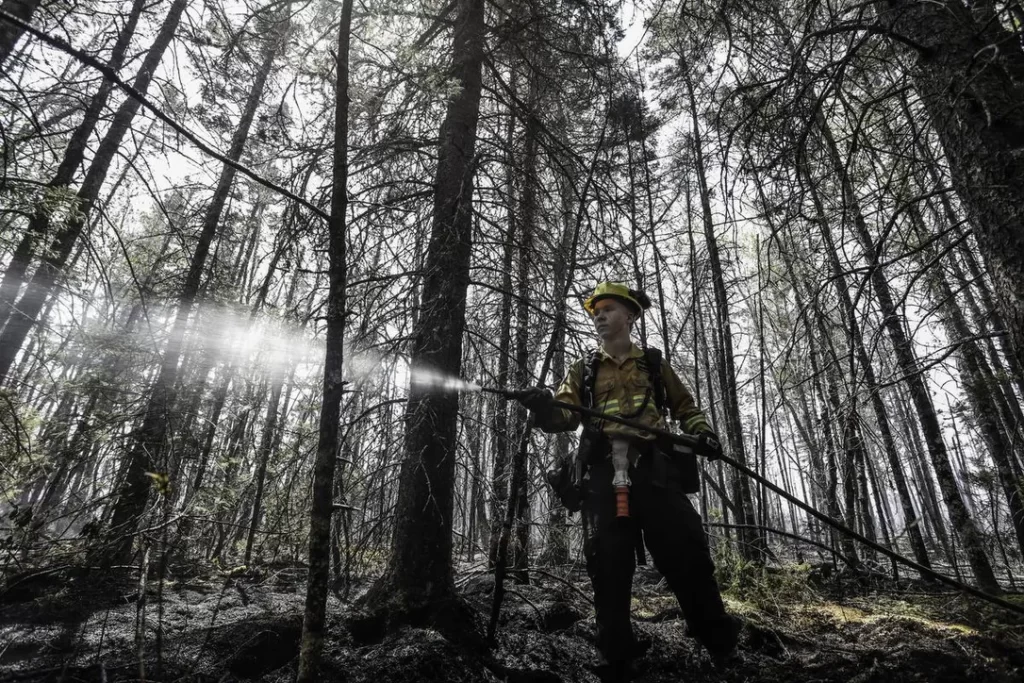Introduction
Canada is currently facing its most severe wildfire season in history, with devastating consequences for communities, wildlife, and the environment. This article explores the connection between climate change and the unprecedented scale and intensity of these wildfires. It highlights the urgent need for climate action to mitigate the impacts of wildfires and protect the future of Canada’s forests.
The Impact of Climate Change on Wildfires

Climate change is exacerbating the conditions that contribute to wildfires. Rising temperatures, prolonged droughts, and changing precipitation patterns create a perfect storm for wildfires to spread rapidly and intensify. The warming climate also leads to drier vegetation, providing ample fuel for the fires to ignite and sustain themselves.
Unprecedented Scale and Intensity
The current wildfire season in Canada has witnessed an alarming increase in the number and severity of wildfires. Vast areas of forests and grasslands have been engulfed in flames, leading to the displacement of communities, loss of homes, and devastating impacts on wildlife. The fires have also caused hazardous air quality, posing health risks to both humans and ecosystems.
Human Activities and Fire Management
While climate change plays a significant role in the worsening wildfire situation, human activities and fire management practices also contribute to the problem. Factors such as land-use changes, inadequate forest management, and the accumulation of flammable materials in forests can further escalate the risk and impact of wildfires.
The Need for Climate Action
The alarming increase in wildfires serves as a stark reminder of the urgent need for climate action. Mitigating climate change through reducing greenhouse gas emissions, transitioning to renewable energy sources, and implementing sustainable land management practices is crucial to limit the frequency and severity of wildfires.
Protecting Communities and Ecosystems
Efforts must be made to enhance wildfire prevention, preparedness, and response strategies. Investing in early warning systems, improving firefighting capabilities, and implementing effective land-use planning can help protect communities at risk and preserve the ecological balance of forested areas.
Conclusion
The worst-ever wildfire season in Canada is a wake-up call to the devastating impacts of climate change on our environment. Urgent action is required to address the root causes of climate change and mitigate its effects. By adopting sustainable practices, investing in climate resilience, and prioritizing the well-being of communities and ecosystems, we can strive towards a future where wildfires are less destructive and our planet is protected for generations to come.
To Read the vlog, news, and article you can visit our website www.newsyhub.com






